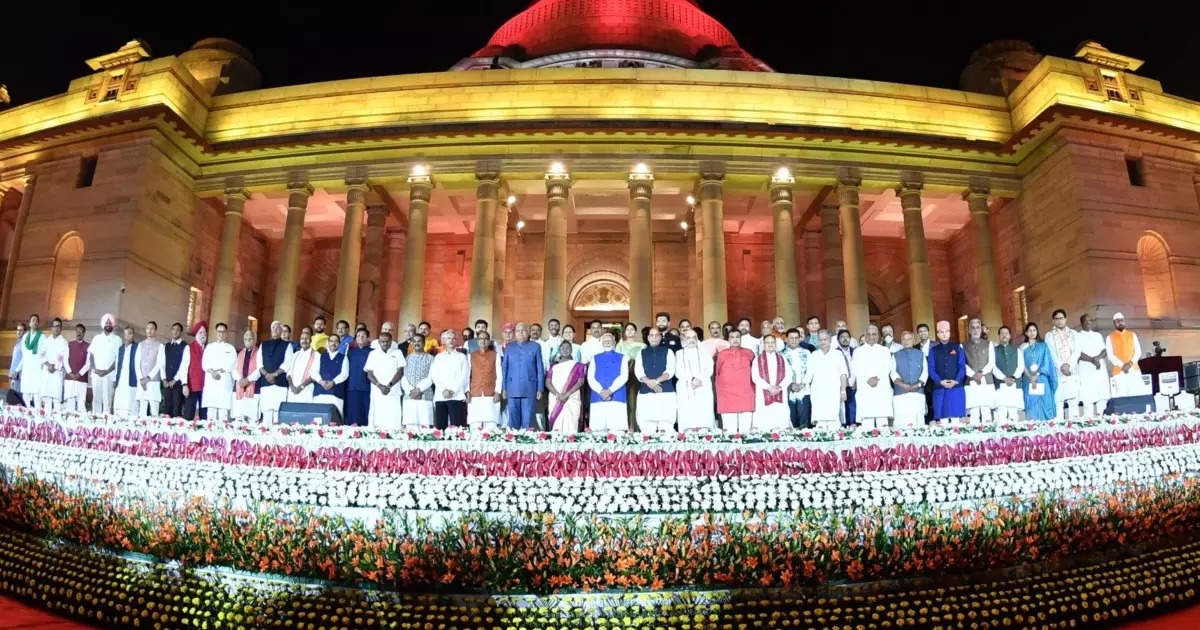BJP Leads the Coalition
Despite lacking a majority and needing allies, Modi’s new government clearly signals BJP’s control. Major ministries, including home, finance, defense, and foreign affairs, are expected to remain with the BJP.
Allies Seek Financial Gains
TDP and JD(U) refrained from tough negotiations, likely to secure increased government funds for their states, even without obtaining special category status for Andhra Pradesh and Bihar.
Stable Coalition Anticipated
With allies accepting BJP’s dominance in key roles, the government is expected to operate smoothly, avoiding frequent disruptions and policy changes typical of coalition governments.
- All
- Uttar Pradesh
- Maharashtra
- Tamil Nadu
- West Bengal
- Bihar
- Karnataka
- Andhra Pradesh
- Telangana
- Kerala
- Madhya Pradesh
- Rajasthan
- Delhi
- Other States
Experienced Leaders in Cabinet
The inclusion of six former chief ministers in the council brings valuable administrative and policymaking experience, especially from large, complex states. However, the Prime Minister’s Office will remain the central authority.
Focus on Upcoming Elections
With Haryana, Maharashtra, and Jharkhand facing elections this year, ministerial appointments from these states suggest BJP’s intent to maintain its winning social engineering strategies. Remarks from Praful Patel about not taking a ministerial role, made in the presence of BJP leaders, indicate efforts to maintain the Maharashtra alliance. Jharkhand appointments hint at bolstering non-tribal groups.
Absence of Muslim Ministers
Modi’s third government starts without a Muslim minister, reflecting the community’s significant support for the opposition in recent elections. This might change in the future.
Influence of Wealthy and Hindu Groups
The presence of billionaires Mukesh Ambani and Gautam Adani at the swearing-in ceremony shows Modi’s continued ties with major industrialists despite opposition criticism of ‘crony capitalism’. The attendance of Hindu civil society groups suggests minimal concessions on BJP’s Hindutva agenda.
Narendra Modi’s third term as Prime Minister marks a significant moment in Indian politics, with his administration’s composition and strategies closely watched by supporters and critics alike.


